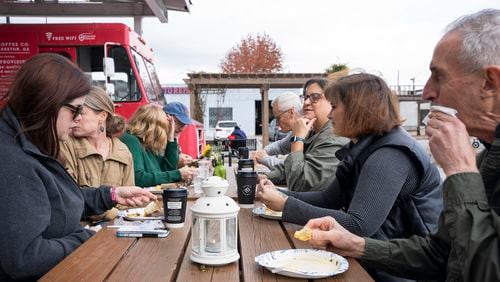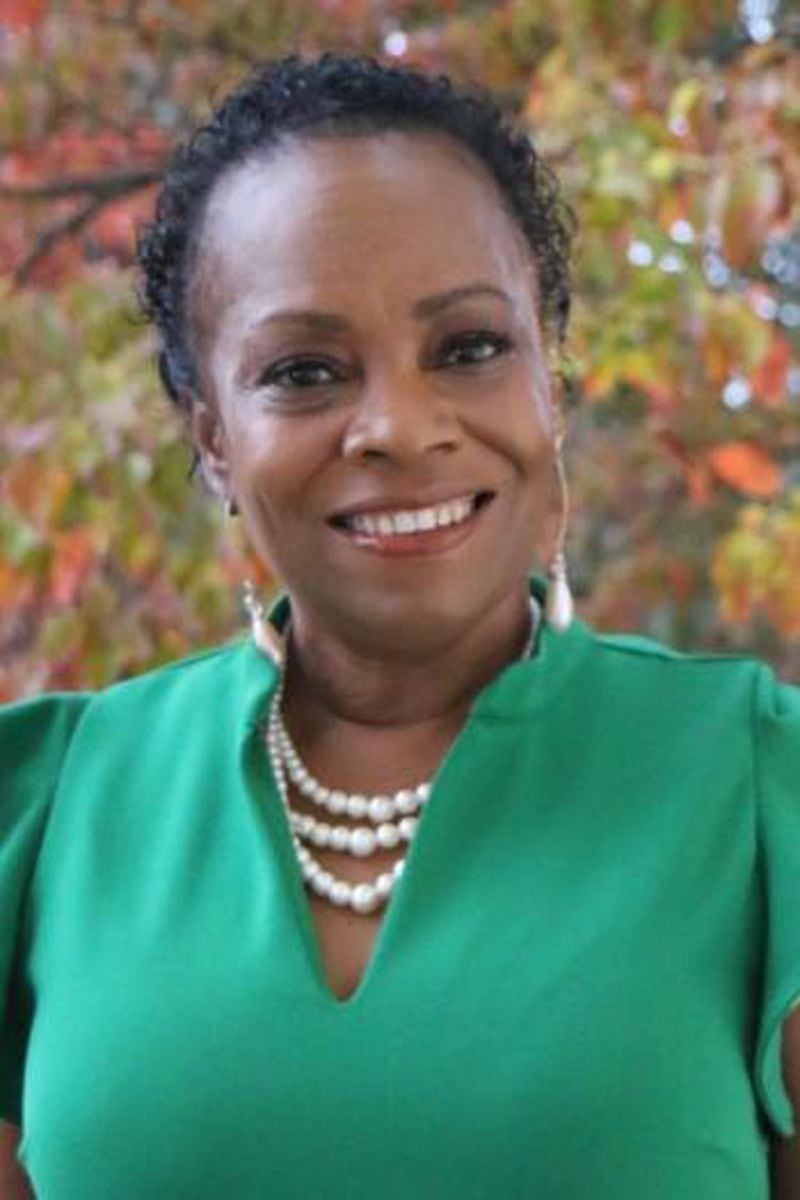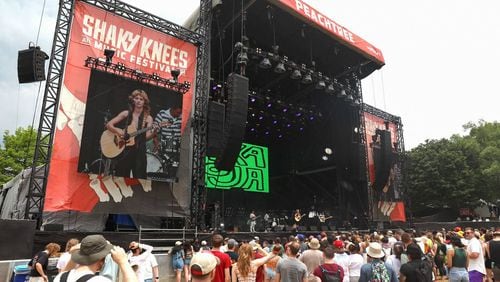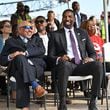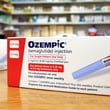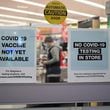Small towns can be wonderful places to live and work. All municipalities face challenges, however, and when small towns confront them, they don’t have the resources and staffs that large cities have. They need creativity and a little help.
Here in Clarkston, Ga., where I’m mayor, we’ve learned that this help can come from different places: government and the private sector, of course, but also the non-profit and philanthropic world.
As mayor, I desperately want to make our streets and walkways safer. To do so, we’re taking advantage of two relatively new resources: A large batch of federal infrastructure grants, including Safe Streets and Roads for All; and a pro-bono program led by philanthropic groups, called the Local Infrastructure Hub, that helps small municipalities and mid-size cities learn to craft effective applications for those funds.
Working with DeKalb County, we’ve won our first grant — $1 million for traffic design — and we will pursue others. We’re proud of our initial success, and we urge other localities to tap into the federal investment available and the Local Infrastructure Hub.
Even if you don’t live in Georgia, you might have heard of Clarkston. We’re sometimes called “the most diverse square mile in America.” We welcome immigrants, and nearly half our 14,500 residents are foreign-born. In 2021, the Washington Post noted that our police department’s mobile service provided interpreters fluent in more than 170 languages.
Clarkston’s diversity is a strength. The blends of cultures, traditions and ambitions enrich our society. But it’s also a challenge. Many recent arrivals live on small incomes while acclimating to a new home and language. Those who cannot afford cars rely on our sidewalks and road shoulders to move about.
Credit: Handout
Credit: Handout
A few years ago, we suffered a heart-breaking tragedy. A 4-year-old girl from a Burmese immigrant family was struck and killed while walking to school with relatives just outside our city limits. The driver briefly stopped, then drove away, and was never identified.
Of course, all towns -- big and small -- experience traffic deaths. We’re determined to make Clarkston safer. We became aware that safe-roads money was included in the Bipartisan Infrastructure Law and similar programs enacted by Congress over the past two years. But we had little experience seeking such grants, which can be deeply complex.
Although I work practically non-stop to improve our community, many are surprised to learn the mayor’s job here is part-time. Kimberly Sellers Bates, our designated grant-writer at the time, also had other duties. Fortunately, Bates participated in a months-long grant-application bootcamp conducted by the Local Infrastructure Hub. Those sessions, led by expert trainers, showed us how to make our grant application stand out from a big pile. We learned to make sure we had the right story, message and budget for federal officials to see why Clarkston is a good place to invest.
We’re especially grateful to the Local Infrastructure Hub, a national program anchored by Bloomberg Philanthropies which has brought together support from other leading nonprofit groups including the Ballmer Group, Emerson Collective, Ford Foundation and the Kresge Foundation. Collaborators include the U.S. Conference of Mayors, the National League of Cities, Results for America and Delivery Associates. Through bootcamps and trainings, the initiative has provided expert technical assistance and hands-on grant-writing support to more than 1,200 municipalities nationwide.
It’s gratifying to see public, private and non-profit sectors work together to help localities such as Clarkston make vital infrastructure improvements, starting with safer streets. Without question, better designed and better constructed roads and sidewalks will save people’s lives.
Towns such as Clarkston will always have challenges, and they will never have all the resources and tools we wish we had and that our residents deserve. But we’re finding help from innovative sources, and it is making all the difference. I urge my fellow mayors to do the same.
Beverly Burks is mayor of Clarkston, Ga.
